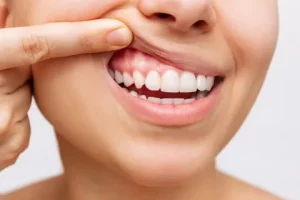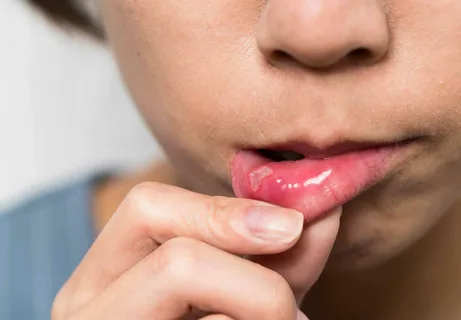Understanding Common Mouth Problems
When it comes to oral health, encountering various issues is not uncommon. From toothaches to gum inflammation, mouth problems can significantly impact daily life. Understanding the common culprits behind these issues is the first step towards effective management. Explore more about (Dry Eyes Treatment)
Tooth Sensitivity
Tooth sensitivity is a prevalent problem affecting individuals of all ages. It manifests as a sharp pain or discomfort when consuming hot, cold, sweet, or acidic foods and beverages. The underlying causes of tooth sensitivity can range from exposed dentin due to enamel erosion to gum recession exposing the tooth root.
Gum Disease
Gum disease, also known as periodontal disease, is a serious condition affecting the tissues surrounding the teeth. It typically starts with gingivitis, characterized by swollen, bleeding gums. Without proper treatment, it can progress to periodontitis, leading to tooth loss and other complications.

Cavities
Dental cavities, or caries, occur when bacteria in the mouth produce acids that erode the tooth enamel. This process can be accelerated by poor oral hygiene, frequent snacking, and consumption of sugary foods and drinks. Cavities can cause toothaches, sensitivity, and visible pits or holes in the teeth.
Bad Breath
Halitosis, or bad breath, can be embarrassing and socially distressing. It can result from poor oral hygiene, certain foods, smoking, dry mouth, or underlying health conditions. Addressing the root cause of bad breath is essential for long-term management.
Effective Management Strategies
Managing mouth problems involves a combination of proper oral hygiene practices, lifestyle modifications, and professional intervention when necessary. Here are some effective strategies to cope with common mouth problems:
1. Maintain Good Oral Hygiene
Brushing twice a day with fluoride toothpaste and flossing daily are essential habits for maintaining oral health. Proper technique is crucial to remove plaque and debris effectively, reducing the risk of tooth decay and gum disease.
2. Use Desensitizing Toothpaste
For individuals experiencing tooth sensitivity, using desensitizing toothpaste can help alleviate discomfort. These toothpastes contain ingredients like potassium nitrate or strontium chloride, which block pain signals from reaching the nerves of the teeth.
3. Adopt a Balanced Diet
A diet rich in fruits, vegetables, lean proteins, and whole grains supports overall health, including oral health. Limiting sugary and acidic foods and drinks reduces the risk of cavities and enamel erosion. Drinking plenty of water helps maintain saliva production, which aids in rinsing away food particles and bacteria.

4. Quit Smoking
Smoking not only stains the teeth and contributes to bad breath but also increases the risk of gum disease, tooth loss, and oral cancer. Quitting smoking improves oral and overall health while preventing further damage to the mouth.
5. Schedule Regular Dental Check-ups
Routine dental visits allow for early detection and treatment of oral issues. Dentists can perform professional cleanings, assess oral health status, and provide personalized recommendations for maintaining optimal oral hygiene.
Desensitizing Toothpastes
| Brand | Active Ingredient | Features |
|---|---|---|
| Sensodyne | Potassium Nitrate | Blocks pain signals from nerves, provides long-lasting sensitivity relief |
| Colgate Sensitive | Potassium Nitrate | Clinically proven to soothe sensitivity, strengthens enamel, fights cavities |
| Crest Pro-Health | Stannous Fluoride | Protects against cavities, sensitivity, gingivitis, tartar, plaque buildup |
| Pronamel | Potassium Nitrate | Helps protect against acid erosion, strengthens enamel, fights cavities, freshens breath |
Conclusion
Coping with mouth problems requires a proactive approach to oral care and regular monitoring of oral health status. By understanding common mouth issues and implementing effective management strategies, individuals can maintain healthy teeth and gums for a lifetime. Remember to prioritize oral hygiene, adopt a balanced diet, and seek professional dental care when needed to keep mouth problems at bay.




